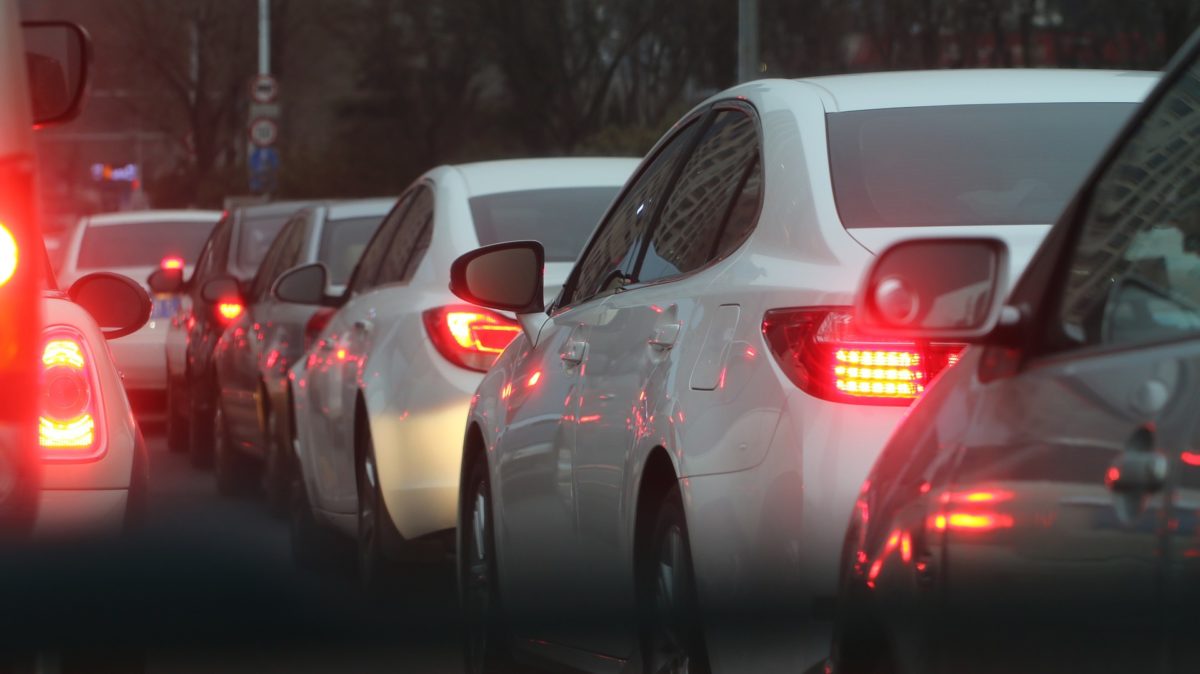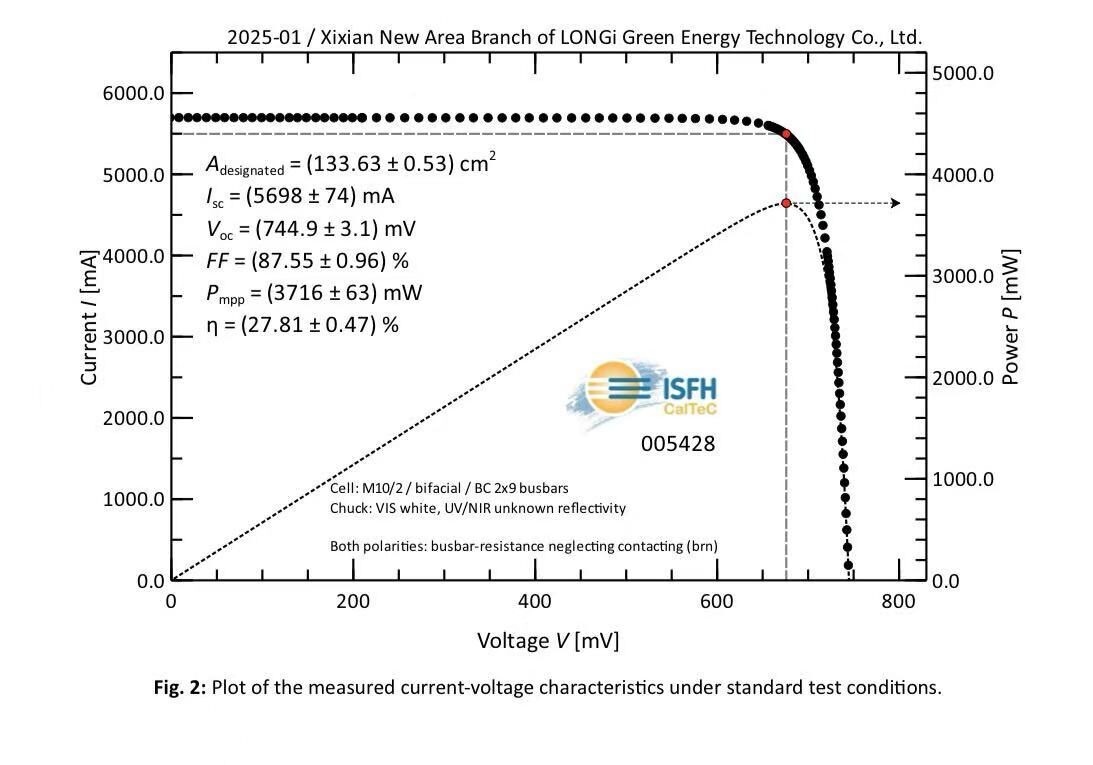Transport-related carbon emissions will never return to pre-pandemic levels and the same may be true of the iron and steel industries, historic oil demand is leveling off this year and CO2 emissions peaked last year.
If the next issue of the annual Energy Transition Outlook produced by accreditation institute DNV GL appears set to offer hope, however, the Norwegian body this morning offered a sobering reminder of the contribution the Covid-19 pandemic is making to such emissions reductions.
“Emissions have been declining in the first half of this year for the wrong reasons,” stated an article published by DNV GL to trail September’s iteration of the annual report. “The coronavirus pandemic is exacting a heavy and tragic toll on lives and livelihoods, increasing poverty and hunger and reducing growth prospects for those that need it most.”
The energy transition report, which is due for publication on September 9, bases its predictions on a scenario formulated by the International Energy Agency which posits a longer Covid-19 outbreak than has been suggested in some quarters, resulting in a 6% hit to global GDP this year.
Gains
Although the DNV GL article states improvements in energy intensity are the main factor in driving down future demand, authors Sverre Alvik and Mark Irvine also consider the effects of the potentially transformative health crisis on energy use.
Increased working from home, changing commuter habits and the huge slump in aviation will ensure we have witnessed peak transport-related emissions, according to the article. Reduced demand for office space is also affecting the energy-intensive iron and steel industries which, according to the piece, “may never reach [their] pre-pandemic heights.”
With DNV GL having previously expected historic oil demand to reach a plateau in 2022, the body has now brought forward the date to this year and continues to expect natural gas to supplant oil as a power source this decade. In a fillip for clean energy, the DNV GL expects capital expenditure on renewables to recover “slightly faster” in the next two years than fossil fuel alternatives.
With demand for manufactured goods expected to require almost four years to return to 2019 levels, and global energy demand in mid-century predicted to be 8% lower than previous forecasts despite a world economy twice as large as today, that adds up to emissions having “most likely” peaked last year.
Circular manufacturing
The downside
All of which appears to represent a monumental silver lining from the grim global death toll of Covid-19. However, Alvik and Irvine were quick to point out just how far short we still are from hitting the Paris Climate Agreement ambition. The pandemic, states the article, has bought us a year’s extra carbon budget before we pass the point when restricting global heating to 1.5 degrees Celsius becomes impossible – in 2029 – and when 2 degrees Celsius passes out of reach: 2050.
The technology to get us back on track already exists – and will be considered by DNV GL in September’s report – but without the crucial policy changes required to alter energy habits, we would need another Covid-19 crisis every year up to 2050 to keep us on track for the Paris agreement.
DNV GL is sitting on the fence for now on the question of whether governments around the world are “wisely” introducing green stimulus packages or instead “expeditiously” leaning towards a fossil fuel-based rebound in a bid to get jobs to return more quickly. At the moment, states the article, the two divergent approaches may balance each other out as “there are signs … of both directions being pursued.”
This content is protected by copyright and may not be reused. If you want to cooperate with us and would like to reuse some of our content, please contact: editors@pv-magazine.com.




By submitting this form you agree to pv magazine using your data for the purposes of publishing your comment.
Your personal data will only be disclosed or otherwise transmitted to third parties for the purposes of spam filtering or if this is necessary for technical maintenance of the website. Any other transfer to third parties will not take place unless this is justified on the basis of applicable data protection regulations or if pv magazine is legally obliged to do so.
You may revoke this consent at any time with effect for the future, in which case your personal data will be deleted immediately. Otherwise, your data will be deleted if pv magazine has processed your request or the purpose of data storage is fulfilled.
Further information on data privacy can be found in our Data Protection Policy.